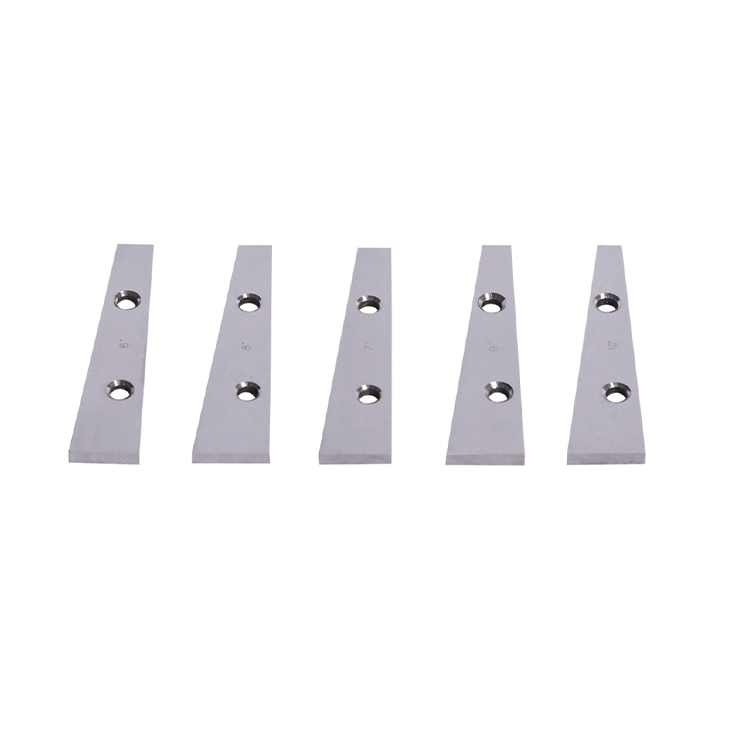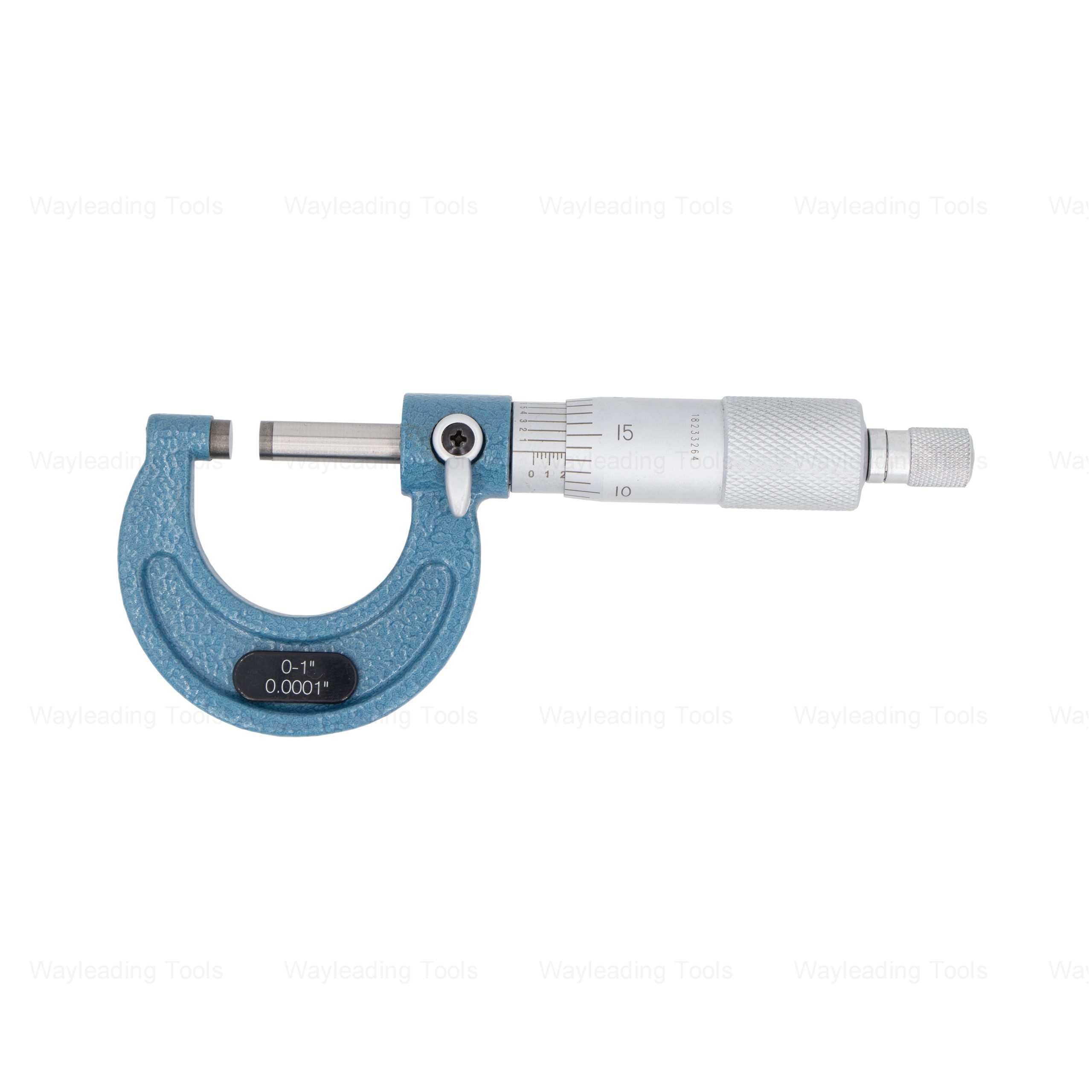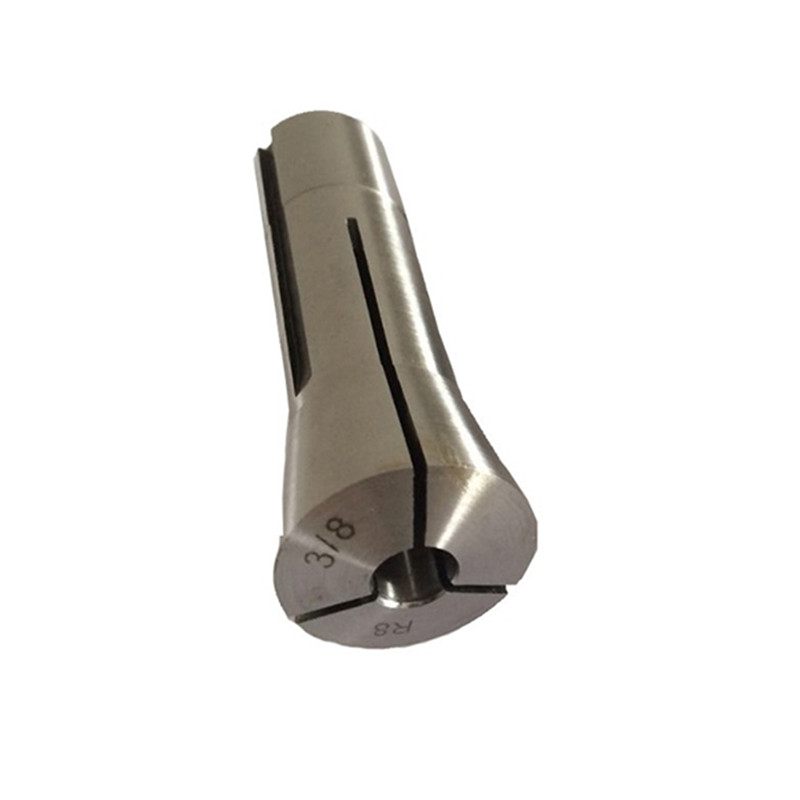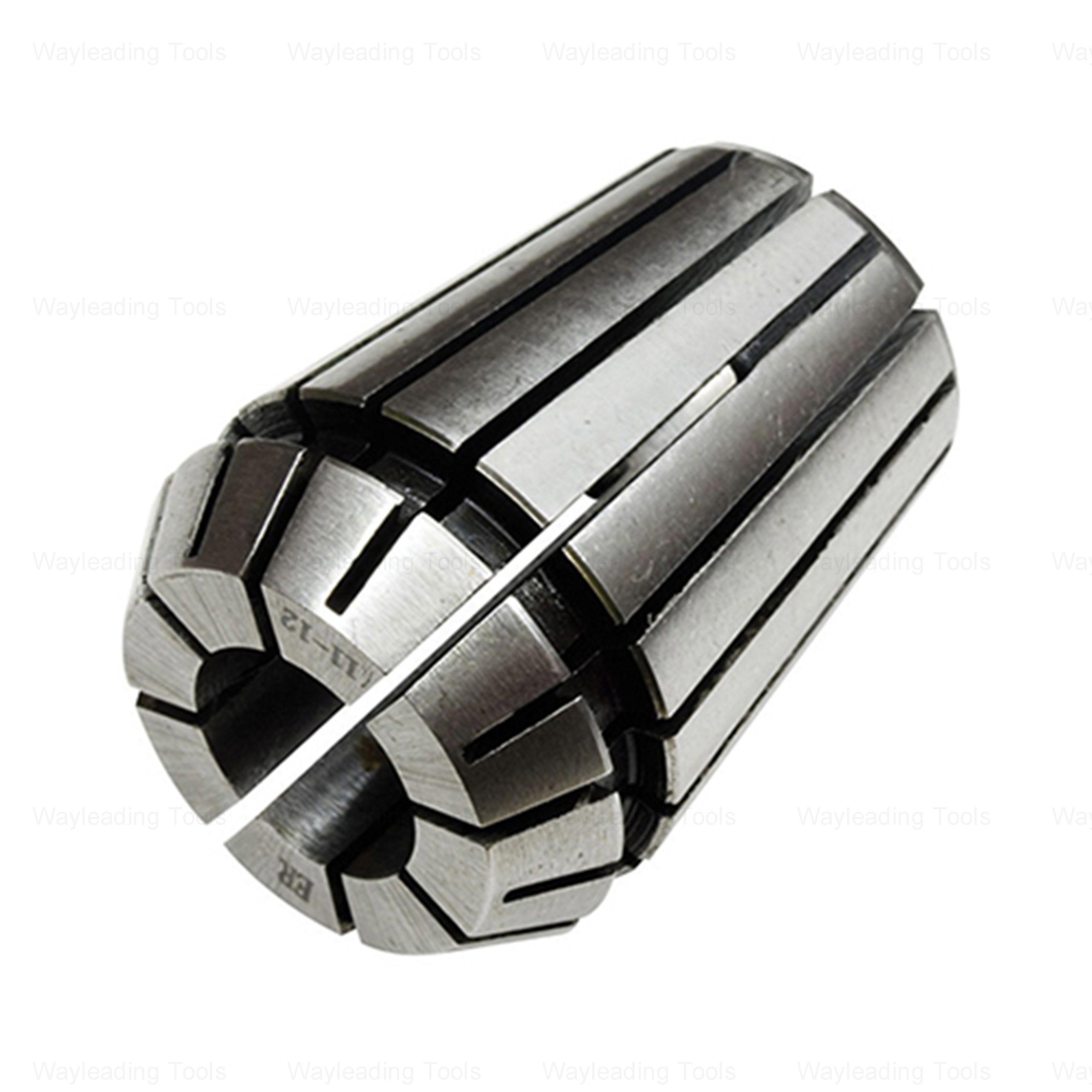bspt threading insert Manufacturer
BSPT (British Standard Pipe Taper) threading inserts are essential tools for creating reliable and leak-proof pipe connections. Choosing the right BSPT threading insert manufacturer is crucial for ensuring high-quality threads, minimizing production costs, and maximizing the lifespan of your products. This guide explores the key factors to consider when selecting a BSPT threading insert manufacturer and provides insights into the best practices for using these inserts effectively.
Understanding BSPT Threading
What is BSPT?
BSPT (British Standard Pipe Taper) is a technical standard for screw threads that has been adopted internationally for interconnecting and sealing pipe ends by mating an external (male) with an internal (female) thread. Unlike straight threads, BSPT threads are tapered, creating a tighter seal as they are tightened. This taper is typically 1:16, meaning the diameter changes by 1 inch for every 16 inches of length.
Applications of BSPT Threads
BSPT threads are commonly used in a wide range of applications, including:
- Plumbing systems
- Hydraulic systems
- Pneumatic systems
- Gas pipelines
- Oil and gas industry
Choosing the Right BSPT Threading Insert Manufacturer
Selecting the right BSPT threading insert manufacturer is a critical decision that impacts the quality, cost, and efficiency of your manufacturing processes. Consider the following factors:
Experience and Reputation
Look for manufacturers with a proven track record of producing high-quality BSPT threading inserts. Check their reputation in the industry by reading online reviews, checking customer testimonials, and asking for references.
Material Quality
The material used to manufacture the threading insert is crucial for its performance and longevity. Common materials include carbide, high-speed steel (HSS), and coated carbide. Carbide inserts are generally preferred for their superior hardness, wear resistance, and ability to maintain cutting edges at high temperatures. Ask the manufacturer about the specific material grades they use and their material sourcing process. Wayleading Tools utilizes premium carbide materials to ensure long-lasting and precise threading performance. To find out more about our premium materials visit www.wayleading.com.
Precision and Accuracy
BSPT threads require precise dimensions to ensure proper sealing and prevent leaks. The BSPT threading insert manufacturer should have strict quality control processes in place to ensure that their inserts meet the required tolerances and specifications. Inquire about their inspection methods, including the use of CMM (Coordinate Measuring Machine) and other precision measurement tools.
Insert Geometry and Coating
The geometry of the threading insert, including the thread profile, rake angle, and relief angle, significantly affects its cutting performance and chip evacuation. Choose a manufacturer that offers a variety of insert geometries to suit different materials and applications. Coating the insert with materials like TiN (Titanium Nitride), TiAlN (Titanium Aluminum Nitride), or DLC (Diamond-Like Carbon) can improve its wear resistance, reduce friction, and extend its tool life.
Customization Options
If you require custom BSPT threading inserts for specific applications, choose a manufacturer that offers customization services. They should be able to work with your designs and specifications to produce inserts that meet your exact needs.
Pricing and Lead Time
Compare the pricing of different manufacturers and consider the lead time for delivery. While price is an important factor, it should not be the sole determining factor. Focus on value, considering the quality, performance, and durability of the inserts.
Technical Support
Choose a BSPT threading insert manufacturer that provides excellent technical support. They should be able to answer your questions, provide guidance on selecting the right inserts, and offer troubleshooting assistance.
Best Practices for Using BSPT Threading Inserts
To maximize the performance and lifespan of your BSPT threading inserts, follow these best practices:
Proper Tool Holding
Use a rigid and stable tool holder to minimize vibration and ensure accurate threading. The tool holder should be properly sized for the insert and securely mounted in the machine.
Correct Cutting Parameters
Use the recommended cutting speed, feed rate, and depth of cut for the material being threaded. Consult the manufacturer's recommendations or use a machining calculator to determine the optimal cutting parameters.
Adequate Coolant
Use a suitable coolant to lubricate the cutting zone, remove heat, and flush away chips. Proper coolant application can significantly improve tool life and surface finish.
Regular Inspection and Maintenance
Inspect the threading inserts regularly for wear and damage. Replace worn or damaged inserts promptly to prevent thread quality issues and potential machine damage.
Chip Evacuation
Ensure efficient chip evacuation to prevent chip buildup and interference with the cutting process. Use a chip breaker or adjust the cutting parameters to produce smaller, manageable chips.
Troubleshooting Common BSPT Threading Problems
Even with the best practices, you may encounter some common problems when using BSPT threading inserts. Here are some troubleshooting tips:
Thread Quality Issues
- Problem: Poor thread finish or incorrect thread dimensions.
- Solution: Check the insert for wear or damage. Verify the cutting parameters and tool holder setup. Ensure proper coolant application and chip evacuation.
Premature Insert Wear
- Problem: Inserts wear out quickly.
- Solution: Reduce the cutting speed or feed rate. Use a harder insert grade or a coating with better wear resistance. Improve coolant application.
Vibration and Chatter
- Problem: Excessive vibration and chatter during threading.
- Solution: Increase the rigidity of the tool holder and workpiece setup. Reduce the cutting speed or feed rate. Use a damping tool holder.
BSPT Thread Dimensions and Tolerances
Understanding BSPT thread dimensions and tolerances is essential for ensuring proper fit and sealing. The following table provides a summary of the key dimensions for common BSPT thread sizes.
| Nominal Size | Threads Per Inch (TPI) | Pitch (mm) | Major Diameter (mm) |
|---|---|---|---|
| 1/8' | 28 | 0.907 | 9.728 |
| 1/4' | 19 | 1.337 | 13.157 |
| 3/8' | 19 | 1.337 | 16.662 |
| 1/2' | 14 | 1.814 | 20.955 |
Source: Wikipedia - British Standard Pipe
Conclusion
Selecting the right BSPT threading insert manufacturer and following best practices for using these inserts are essential for achieving high-quality threads, minimizing production costs, and ensuring the reliability of your products. By carefully considering the factors outlined in this guide, you can make informed decisions that optimize your threading operations and achieve your manufacturing goals. Wayleading Tools is committed to providing manufacturers with top-quality BSPT threading inserts and expert technical support. We understand the importance of precision and reliability in threading applications, and we strive to exceed our customers' expectations.
Related products
Related products
Best selling products
Best selling products-
 Precision Vernier Caliper With Nib Style Jaws Of Metric & Imperial For Industrial
Precision Vernier Caliper With Nib Style Jaws Of Metric & Imperial For Industrial -
 Precision IP67 Digital Caliper With Data Output For Industrial
Precision IP67 Digital Caliper With Data Output For Industrial -
 HSS Inch Screw Slotting Saws For Industrial With Bright Or TiN Coated
HSS Inch Screw Slotting Saws For Industrial With Bright Or TiN Coated -
 Outside Micrometer Set Of Inch & Metric With Rachet Stop
Outside Micrometer Set Of Inch & Metric With Rachet Stop -
 Precision 5pcs & 6pcs Angle Blocks Set With High Quality Type
Precision 5pcs & 6pcs Angle Blocks Set With High Quality Type -
 Precision Dustproof Dial Caliper Of Double Shock-Proof For Industrial
Precision Dustproof Dial Caliper Of Double Shock-Proof For Industrial -
 MT-APU Drill Chuck Holder With Keyless Type
MT-APU Drill Chuck Holder With Keyless Type -
 Precision V Block Set With High Quality Type
Precision V Block Set With High Quality Type -
 3 Flutes HSS Chamfering Countersink Drill bitl With 60 And 90 Degree
3 Flutes HSS Chamfering Countersink Drill bitl With 60 And 90 Degree -
 Inch HSS 1/2″ Reduce Shank Drill Bit For Metal Cutting Of High Precision
Inch HSS 1/2″ Reduce Shank Drill Bit For Metal Cutting Of High Precision -
 Premium Outside Micrometer – Metric & Inch, Ratchet Stop, Industrial Grade
Premium Outside Micrometer – Metric & Inch, Ratchet Stop, Industrial Grade -
 R8 Round Collet With Inch and Metric Size
R8 Round Collet With Inch and Metric Size










